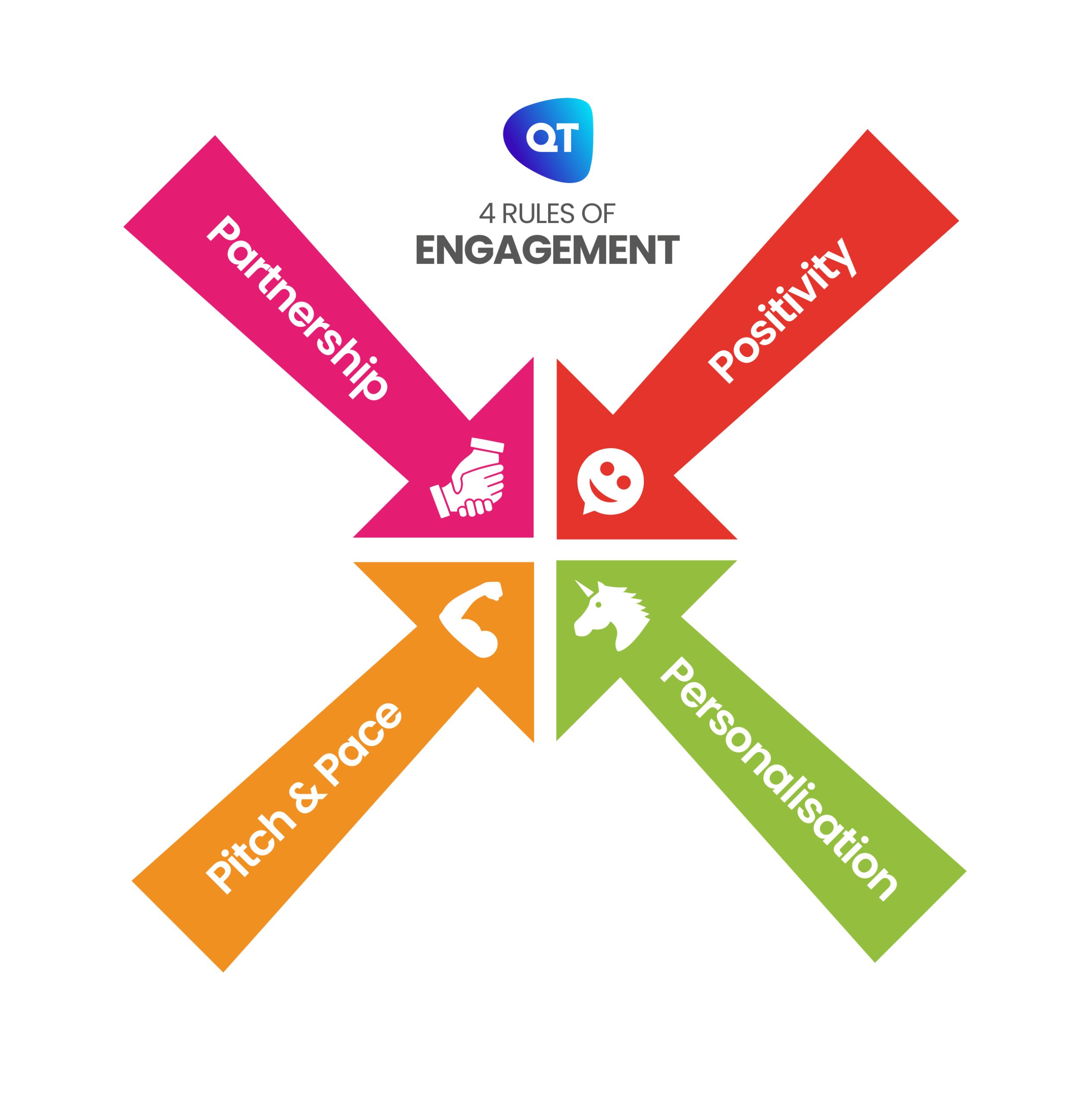
What is the truth? Well, as pointed out in the second post of this series, the truth is relative to our understanding. All very philosophical, but true nonetheless. Or is it … ?
Once we have realised that the truth may be different depending on whose perspective we are learning from, it can (temporarily) become harder to manage challenging behaviour. We are conditioned to understand right and wrong as binary ideas. We are also conditioned, in the UK, to seek punitive justice for wrongdoers.
I think the idea of community is a really important part of how we manage behaviour and support young people with their challenges in the classroom. It is easy to forget, as a tutor, that we are part of a broad network of people that form a community around the child. They have other tutors and education professionals, they have at least one parent or carer, they have their peers, their wider family.
As a tutor, we are often working outside of the systems that support teachers in managing behaviour. By that, I mean that we usually can’t fall back on a detention or other form of punishment when a student is misbehaving. We have to rely on something else. “What else?” I hear you cry.
Well …
We must understand that we are a community, not a criminal justice system, and our actions need to be about whatever we can do at this time, with the resources we have in the moment, to make this situation a little better.*
So, what can you do right now? What do you already have available to you? What does ‘a little better’ look like?
_______________________
*Chapter 6: Building a Culture of Consent. Easton, D. and Hardy, J.W. (2017). The Ethical Slut : a practical guide to polyamory, open relationships and other adventures. 3rd ed. California: Ten Speed Press.
Recommended Posts
How to Smash Every First Tutoring Session
Love Tutoring: in this, the second in the latest series from Qualified Tutor and Learncube, Julia walks us through the aspects of a hihgly effective first session that will get students coming back for more every time.
4 Simple Strategies to Build Engagement
Welcome to Love Tutoring: a new series of simple and practical guidance videos, blogs and podcasts, produced in collaboration with Learncube. Here, Julia lays out the strategies that yield the best results for engaging students from the very first session.
Exam Access Arrangements: who, what, how and why
In part two of her introductory series, Hazel Barnett takes us through a detailed look at how exam access arrangements work in practice. With explanation and links for each step, this is the complete guide to how you can best provide for your student.

0 Comments